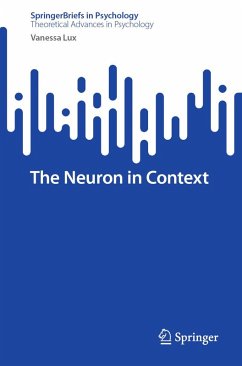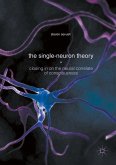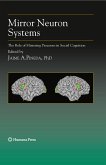Neuroscience has largely abandoned its localizationist and mechanistic framework of the 20th century. The plastic, embodied, and network character of our nervous system is widely acknowledged, and systems theory approaches to consciousness dominate the field. Despite this shift, the neuron doctrine, which conceptualizes the neuron as a unidirectional and atomic source of neural function, still serves as the foundation for our understanding of the nervous system and consciousness. However, neurons do not exist in isolation and are influenced by multiple contexts in their development, activity, and metabolism. This book examines the limitations of the neuron doctrine and its reductionist approach in light of this new knowledge about the brain's connectivity, plasticity, and its systemic and embodied nature. The author proposes elements for a new neuron theory that depicts the neuron as a bidirectional hub, both as the source and product of neural function. Additionally, the author discusses the potential of neuroepigenetic markers, along with their environmental sensitivity and relative stability, to characterize neurons and their range of plasticity from a developmental perspective. By examining neurons through an "epigenetic lens," we can better understand how they function as bidirectional hubs.
With its focus on neuroepigenetics and the perspective of Developmental Embodiment Research, this book addresses a knowledge gap in the current study of the neural foundations of psychological functions. By considering the multifaceted context in which neurons function, it reorients the relationship between neuroscience and psychology in their shared endeavor to unveil the material basis of consciousness. This represents both new obstacles and fresh perspectives for theoretical psychology.
The book presents these current developments and debates to researchers, graduate students, and interested professionals and practitioners working in neuroscience, epigenetics, psychiatry, psychology, and psychotherapy. It also provides a basic introduction to neuroepigenetics, its mechanisms, and first findings for graduate students, as well as interested professionals and practitioners working in psychiatry, psychology, and psychotherapy
Dieser Download kann aus rechtlichen Gründen nur mit Rechnungsadresse in A, B, BG, CY, CZ, D, DK, EW, E, FIN, F, GR, HR, H, IRL, I, LT, L, LR, M, NL, PL, P, R, S, SLO, SK ausgeliefert werden.









